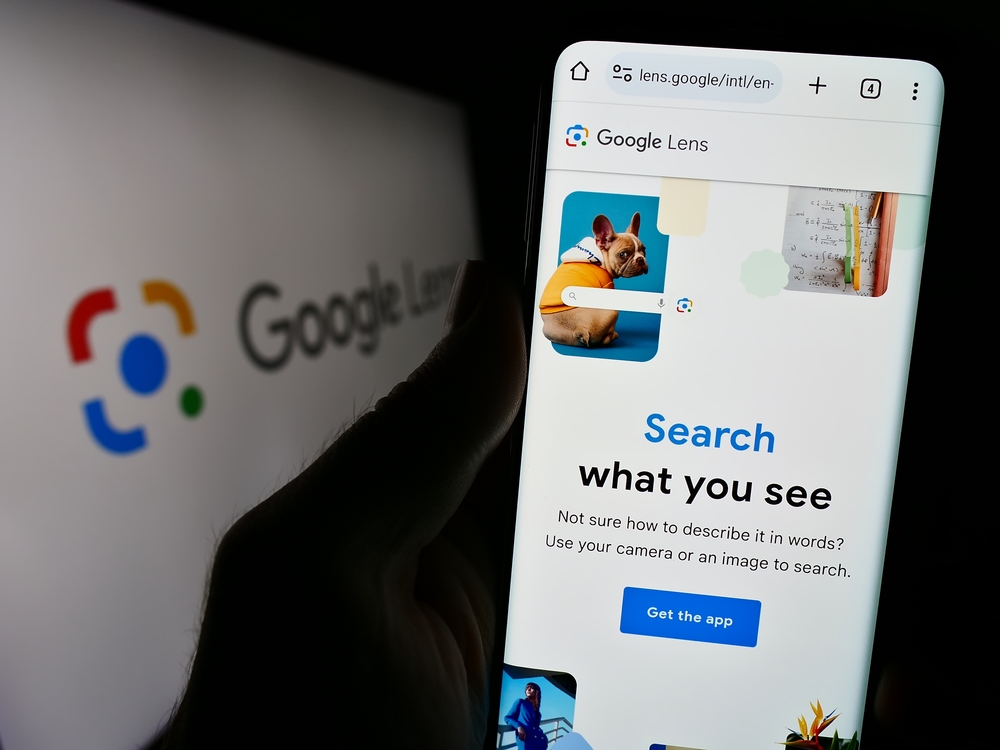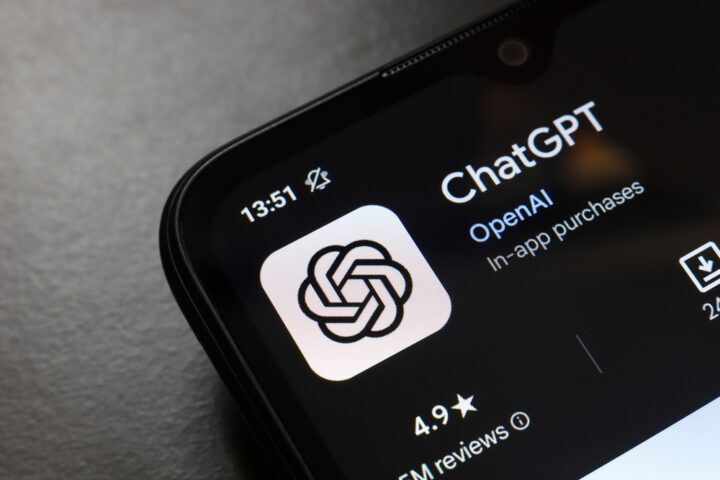With the holiday shopping season underway, Google has launched innovative tools designed to streamline the price comparison and purchasing process for consumers. This development is part of a broader trend where technology meets traditional retail to create a “hybrid shopping” experience.
What Is Hybrid Shopping?
Hybrid shopping blends the best of in-store browsing with online shopping, allowing consumers to leverage their smartphones for an enriched shopping journey. Retailers and tech companies are rolling out AI-driven solutions to make it easier for shoppers to access product information instantly.
How Google Lens and AI Technology Are Transforming Shopping
Lilian Rincon, vice president of product for Google Shopping, showcased to “Good Morning America” how Google’s advanced AI technology is enhancing the shopping experience. Using Google Lens through the Google app, shoppers can snap a photo of an item they’re considering in-store. The app then provides comprehensive product details, including price comparisons, reviews, and availability—all tailored to the specific store.
These updates are driven by Google’s significant strides in AI image recognition, powered by the Shopping Graph’s extensive database of over 45 billion product listings and inventory from multiple retailers. “The No. 1 thing people care about during the holidays is price,” Rincon stated, emphasizing the new tool’s ability to build purchasing confidence.
Addressing In-Store Shopping Challenges
Google reports that while 72% of Americans use their smartphones during in-store shopping, more than half have left without making a purchase due to a lack of buying confidence. The new Google tools aim to close this gap, making in-store decision-making more informed and seamless.
To use the tools, shoppers simply need to open the Google app or visit the Google site on their phone and tap the camera icon to search by image.
AI Shopping Tools at Leading Retailers
Google isn’t the only player in the AI shopping arena. Earlier this year, Amazon introduced its AI shopping assistant, Rufus, which helps customers with product inquiries and tailored deal recommendations. Walmart now features an AI chatbot to personalize shopping experiences, while Macy’s offers virtual try-on options to assist customers.
“AI is just another tool that’s going to make shopping easier for our customer,” explained Dana Avidan Cohn, director of editorial content at Macy’s. This technology allows shoppers to quickly understand product value and make well-informed purchases, enhancing their overall shopping experience.







